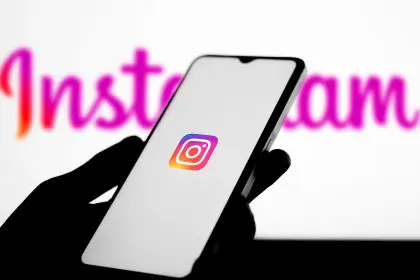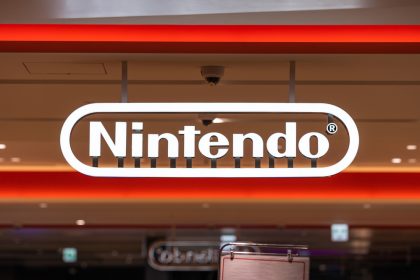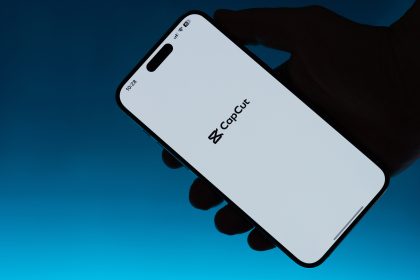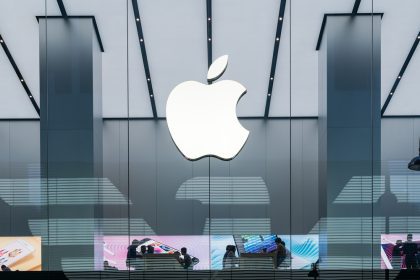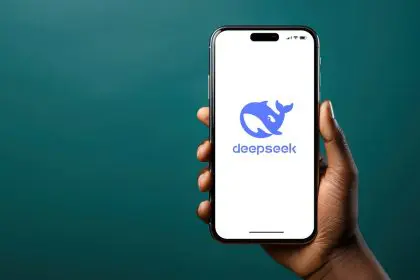Erskine “Chuck” Faush Jr., the namesake of a prominent Birmingham, Al, pastor, recently became the executive in residence at Miles College. He’s got a finger on the pulse of the digital economy that is and the one that’s coming, and recently stopped by Morehouse College in Atlanta for a conference detailing the roles HBCUs like Morehouse and Miles will play as artificial intelligence becomes the rule and not the exception.
He spent a few minutes with rolling out managing editor Darryl Maxie.
Excerpts from the full video interview follow.
[Editor’s note: This is an extended transcription. Some errors may occur.]
Darryl Maxie: I’m here with Mr. Erskine “Chuck” Faush because he’s doing great things to ensure that we have a place that we are accurately represented [on the playing field that is AI]. So, can you speak now to your role in kind of trying to help, and I want to also come back and talk about another project with which you are familiar called The Yard. So, let’s start there.
Chuck Faush: Well, first, thank you for really talking about transformative tools that that really … scares people and it thrills people all at the same time, right? You know, and it has a very unique position. But I think everything that is a next now before its time catching up, people trying to understand that thing. That’s where we are with AI. And so there those of us who embrace it as a way to be better, and there are those of us who are at the very same time being very cautiously optimistic about its power and how to use it and add on it. Yeah. And because, you know, too much of a good thing can be too much of a good thing. Right. And so, you want to make sure you got a delicate balance.
DM: Why should people not be afraid of technology?
CF: I was not there, and I don’t remember it, when the computer — and I’m talking about the first computer, when there was a machine that was bigger than this room. Now, we can hold it in our hands. Right? People were afraid of it. I can remember. I don’t remember man, my dad, you know [asking] “Why do I need a phone outside of the house?” People were afraid of it. Right. I think, you know, in a microcosm, there have been things that have transformed our lives, throughout the generations that we are afraid of. Okay, because we don’t know enough about it. Right. And we’re building it as we fly. Right? That’s the issue. And that’s where AI is right now. And I think, instead of being afraid of it, we need to be smart with it. Right? So, if we recognize the fact that it’s smarter than us, how do you take that fear and learn as much as you can about it, so that you can be responsibly active with it? And that’s where I think we are at the crossroads now. And we’re actually working with another founder. And I’m really as hyped about smart interview as I am about the Latimer Project. Can I tell you what it does?
(Chuck talked about that in greater detail, but we fast-forward now to how HBCUs are plugging in and even getting out front of this new wave …)
How HBCUs are getting out in front
CF: I wanted to do more about allowing students, future leaders, influencers, innovators, thought leaders, who really shaped us, but we don’t give the credit to because they’re still in school. … And so, four years or five years ago, we started a campaign called THE YARD and THE YARD is an HBCU platform, a think-big competition where we awarded scholarships. And we were very intentional around awarding grants to the winners to help them get those ideas off. Because you know, when you have an idea, and you have no resource, it’s still an idea, right.
DM: What are you seeing as the biggest obstacles to what you’re trying to do?
CF: I think the same problems that existed, I’ll call it then, are the same problem now. Lack of resource. When I say resource, I mean, you know, access to capital.
(Chuck passionately detailed how the struggles often go. But we fast-forward now to how to move past those struggles. That’s where the PK — preacher’s kid — in him started coming out, with a quote from 1 Corinthians 3.)
Faush preaches how HBCUs should benefit
DM: So, what’s the fertilizer that’s going to make this thing grow?
CF: One plants, another waters; God gives the increase.
DM: Bible. I love it.
CF: You took me there, brother! … The ground is our HBCUs. The seeds are the students. And the fertilizer that you’re asking about is not simply access to capital; it is pairings. So … you give somebody a scholarship. But if you don’t give them the experience, there’s no application, right? There’s intelligence, but there’s no application, right? So, what if you and I can be examples? So, we not only spend, [and] give our money, but we give our time, we give our talent. Let me give you one more, since we went to church, we give our tithe. And that’s not exactly in money. Some people think that’s money. Your tithe is whatever that treasure is, right, that you can give to somebody else. Right? So, my passion now is being able to say everything that was sowed back in me, I’m going to sow it right back out.
DM: Okay, those who would want to assist you, tell our audience out there, what’s the best thing they can do to aid you?
CF: I invite folks to go to emaginenow.com and you’ll find out how to plug in. But the biggest thing is really just to get in where you are.


